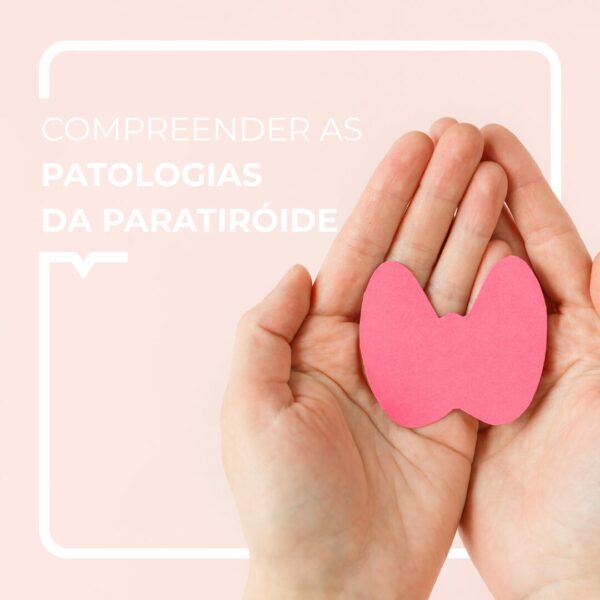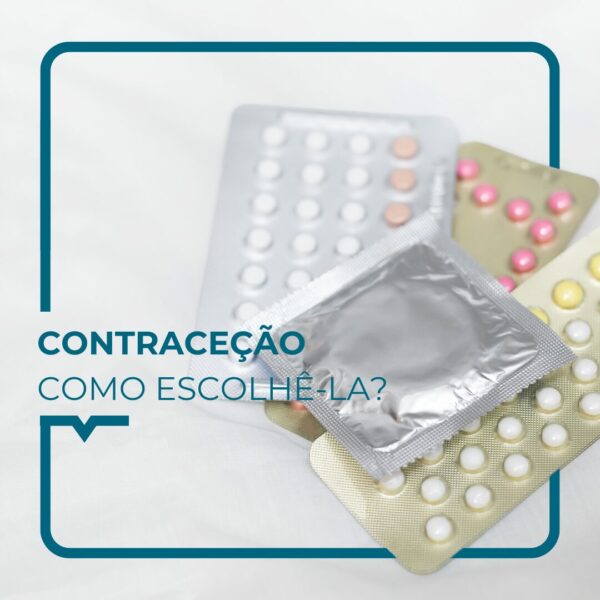O que é a micronutrição?
A micronutrição analisa os micronutrientes presentes nos alimentos e os seus benefícios para a nossa saúde. É uma abordagem complementar à nutrição, que normalmente se centra no conteúdo energético dos alimentos (macronutrientes).
Os micronutrientes incluem as vitaminas e os minerais, mas não só. Incluem muitas moléculas:
- PROBIÓTICOS, bactérias essenciais que se instalam nos nossos intestinos
- TRAÇOS DE ELEMENTOS, entre os quais o ferro, que faz parte da hemoglobina do sangue, o magnésio, que reduz a fadiga, e o crómio, que intervém no nível de açúcar no sangue.
- POLIFENÓIS, que ajudam a lutar contra a oxidação das nossas células. Podemos citar as antocianinas presentes nos frutos vermelhos, os taninos presentes no chá ou as isoflavonas da soja.
- Os AMINOÁCIDOS que constituem os nossos numerosos neurotransmissores, como a dopamina, a serotonina e a noradrenalina, mas também hormonas como a melatonina.
- OS ÁCIDOS GORDOS ESSENCIAIS, ómega 3 e ómega 6, cujo papel já não está em causa.
- E depois, as FAMOSAS VITAMINAS (C, D, E…) algumas das quais têm um efeito antioxidante como a vitamina E, outras que nos permitem estimular o nosso sistema imunitário como a vitamina D.
A micronutrição diz respeito a estes elementos, pequenos em tamanho mas muito importantes nas suas funções e papéis na nossa qualidade de vida. Eles representam um trunfo para a nutrição preventiva, ou seja, uma dieta destinada a prevenir incidentes de saúde (fadiga, doença, sono, etc.).
A abordagem da micronutrição também se baseia no princípio de que todos nós temos necessidades diferentes de micronutrientes. Assim, algumas pessoas têm uma maior necessidade de certos micronutrientes. Por exemplo, as crianças precisam de mais cálcio e ácidos gordos essenciais para o seu crescimento; os idosos, para além do cálcio, também precisam de uma boa quantidade de vitaminas C e D. E para além das categorias de pessoas, cada indivíduo tem as suas próprias necessidades de micronutrientes.
Nenhum alimento contém todos os micronutrientes necessários e em quantidade suficiente para cobrir as nossas necessidades. Por isso, é essencial variar e diversificar o mais possível a nossa alimentação, para facilitar a cobertura das nossas necessidades em cada nutriente e permitir assim uma boa qualidade de vida, bem como a prevenção de certas doenças.
Esta informação não substitui o aconselhamento médico. Deve procurar o conselho do seu médico ou de outro profissional de saúde qualificado para quaisquer questões que possa ter relativamente ao seu estado de saúde.
Saiba mais sobre nutrição dietética


